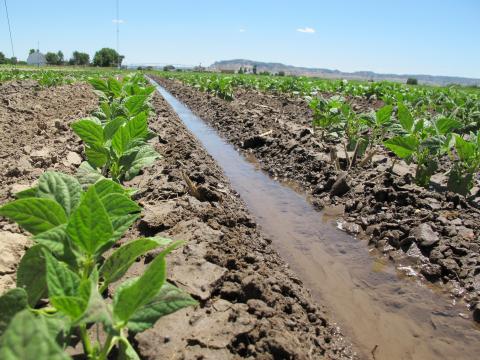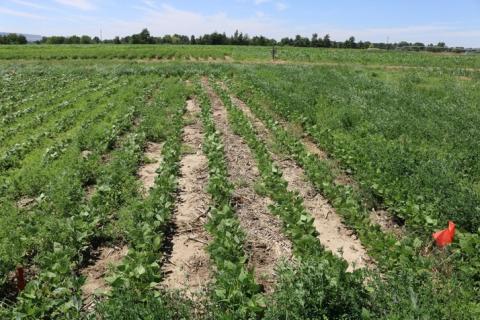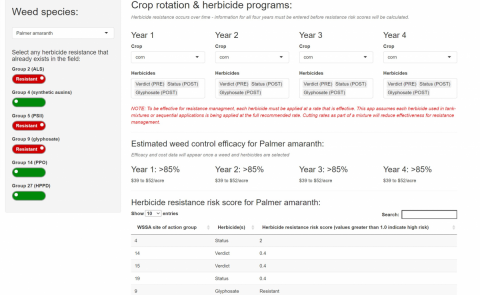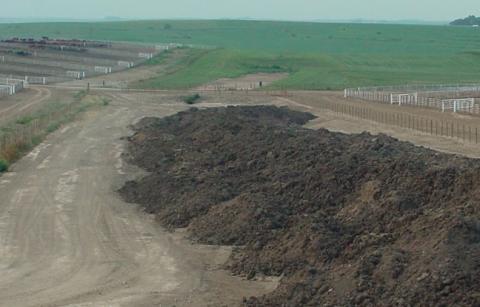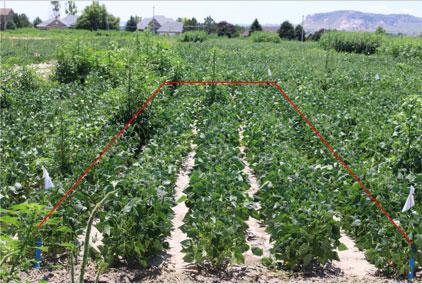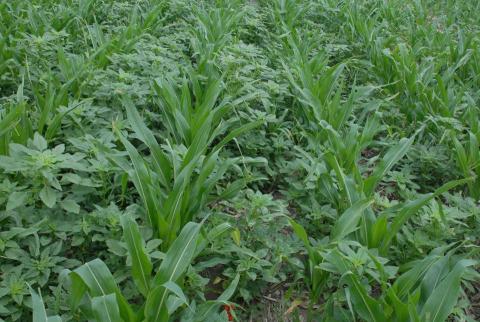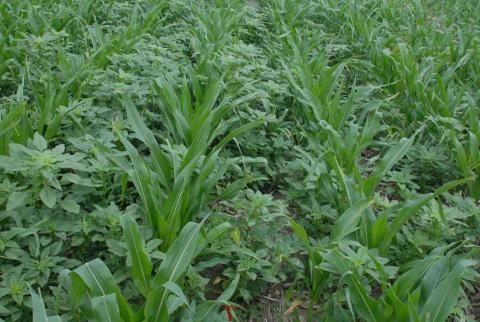2021 Dry Edible Bean Day Virtual Event Set for Feb. 10
February 1, 2021
During the Zoom-based event this month, UNL specialists and educators will discuss new research findings on dry edible bean production in Nebraska.
Herbicides for Corn, Dry Bean Rotation in Nebraska
November 6, 2020
Corn is the most common rotational crop planted the year before dry bean in western NE. However, herbicide programs must be chosen with foresight as many corn herbicides can injure dry beans the next season due to crop rotation restrictions.
Herbicide Resistance Risk Calculator: A New Resistance Management Tool
October 29, 2020
In order to calculate an herbicide resistance risk score, four years of crops need to be entered. Once herbicides are chosen for all four years and a weed species is selected, the model will calculate an herbicide resistance risk score for each herbicide site of action that was selected.
Palmer Amaranth Seeds in Manure - What Can You Do?
October 29, 2020
There are several ways seeds of Palmer amaranth can be introduced into your fields. Manure is one of them. This article provides some valuable answers on reducing Palmer amaranth seed in feed, reducing Palmer amaranth seed in manure and field application of contaminated manure.
How to Control Palmer Amaranth in Dry Beans in Nebraska
September 10, 2020
Palmer amaranth emergence occurs throughout the season, generally from early May to late August. Consequently, weed control programs targeting Palmer amaranth need to provide season-long control, or from planting through canopy closure.
2020 Weed Management Field Days Available Online
July 23, 2020
The 2020 in-person Weed Management Field Days were not possible due to Covid-19. However, information about projects for this year's growing season were recorded for Virtual Field Days and are available online.
Glyphosate-Resistant Palmer Amaranth Field Day July 10
June 7, 2019
Jason Norsworthy, a weed scientist from the University of Arkansas, will be the keynote speaker at this year's Glyphosate-Resistant Palmer Amaranth Management Field Day on Wednesday, July 10, near Carleton.
Pollen-Mediated Gene Flow and Transfer of Herbicide-Resistant Alleles
January 22, 2019
Pollen-mediated gene flow at a distance could allow the spread of rare herbicide-resistant alleles and favor the evolution of multiple herbicide-resistant biotypes through the accumulation of different resistant genes in an individual weed or weed population. From the Nebraska Crop Management Conference Proceedings.
